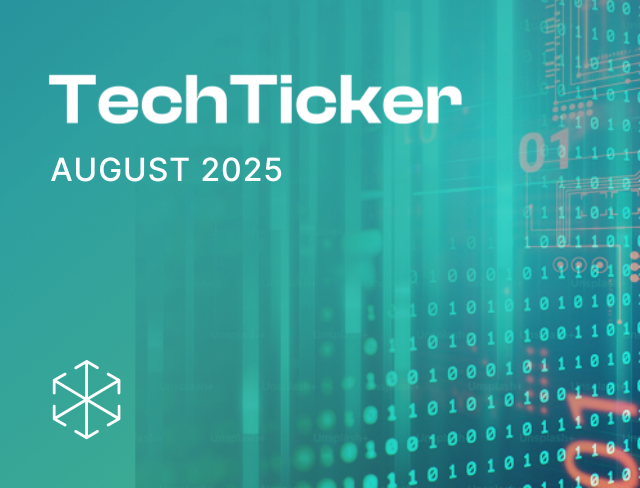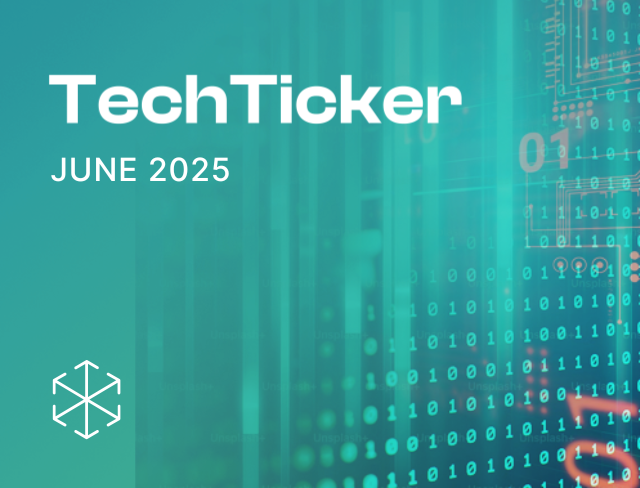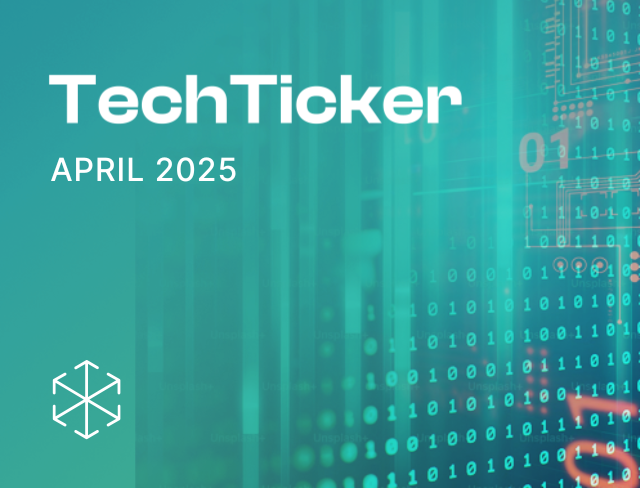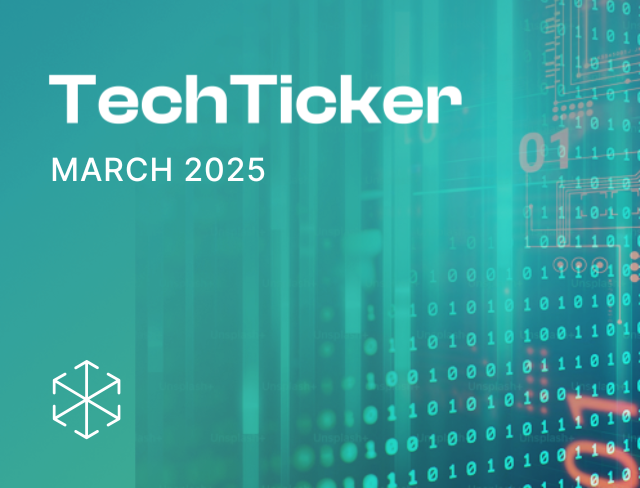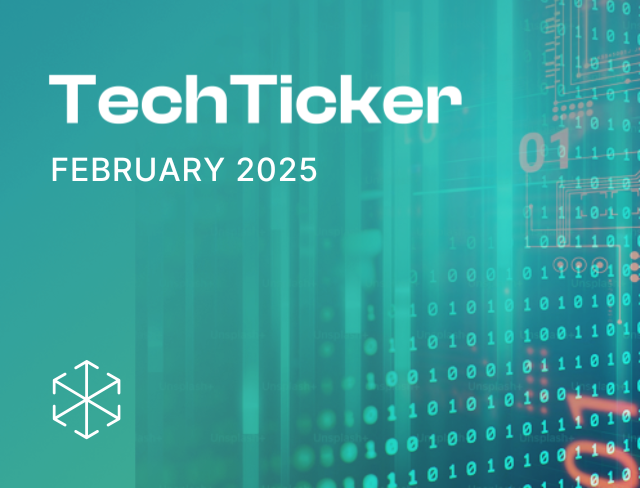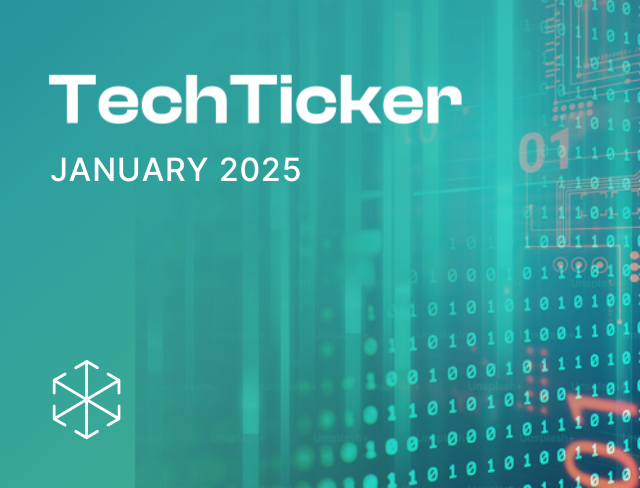Hi everyone,
Welcome to the first edition of our Tech Ticker! Through this newsletter, we will share with you a few things from the world of technology that catch our eye every month. We promise to keep things short and would love to hear from you on how to make things better!
First, the big stuff. Narendra Modi is back as India’s Prime Minister (this piece by Ikigai Law discusses some other implications of the 2019 election results for tech policy in India); the US (as always) is looking to strengthen its friendships in Asia (as its relationship with China continues to sour); and India registered its protest at the Osaka G-20 Summit.
A. Big picture
Commentators believe that the new government should get the ball rolling on telecommunications and data privacy. During his recent visit to India, US Secretary of State, Mike Pompeo advocated for unrestricted cross border data flows between countries. However, India abstained from signing the Osaka Track at the G20 Summit which promoted free flow of data across borders, arguing that it denied flexibility to developing countries to grow their digital economies. Also, commerce and industry minister Piyush Goyal stated that data localisation shall be excluded from the ambit of the national e-commerce policy, which may be released by 2020, which leaves data localisation entirely to the remit of the Personal Data Protection Bill, 2018. Meanwhile, Chinese President Xi Jinping urged Prime Minister Modi and Russian President Vladimir Putin to expand cooperation in 5G networks. This is in contrast to Pompeo’s suggestion that Japan, America and India could collaborate on 5G technology. Earlier, the government had said that it would soon take a calibrated decision on Huawei’s participation in the 5G technology trials in India.
B. Emerging technologies
Prime Minister Modi articulated five I’s (inclusiveness, indigenisation, innovation, investment in infrastructure, and international cooperation) to guide India’s use of technology for social welfare at the Osaka G20 Summit. G20 nations also agreed to the principles governing the use of artificial intelligence. Tata Communications announced the launch of its internet of things marketplace and Facebook released its stablecoin, Libra along with its cryptocurrency wallet, Calibra to facilitate cryptocurrency payments globally. This drew brickbats and bouquets alike (This piece co-authored by Ikigai Law’s founder, Anirudh Rastogi speaks about the significance of this launch). Amazon announced that it will soon start using drones for deliveries in some states of the US. Simultaneously, Wing LLC, the aviation subsidiary of Alphabet Inc. (which is the parent organization of Google) secured a license from the US Federal Aviation Agency to make drone deliveries in parts of Virginia, US. Closer home, India’s Directorate General of Civil Aviation certified drones from two Bengaluru-based startups. However, this doesn’t do much for the overall ecosystem since the Digital Sky platform is yet to become fully functional.
C. Digital competition
The US Department of Justice initiated anti-trust investigations against Google and Apple Inc. and Facebook’s co-founder Chris Hughes wrote on why it’s time to break Facebook up. The Indian Cellular Association is planning a common strategy to respond to a Competition Commission of India (CCI) notice which seeks details of their business deals with Google. The Modi government is reportedly planning to revisit the de-minimis clause in the Competition Act, 2000 which allows digital companies without assets in India to escape scrutiny by the CCI.
D. Digital payments
The Reserve Bank of India released the report of Nandan Nilekani committee on deepening of digital payments. Digital transactions recorded significant growth in India and are expected to rise fourfold (by volume) by 2021. Also, Indian company Mobikwik became the first India digital payments platform to enter the global market by partnering with DT one (a global B2B network) to provide mobile recharge services in more than 150 countries.


